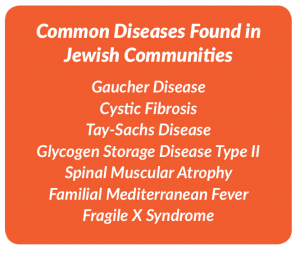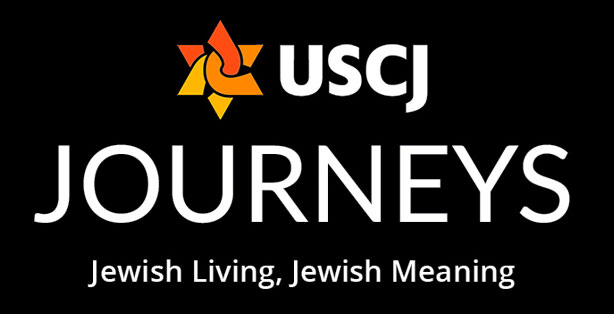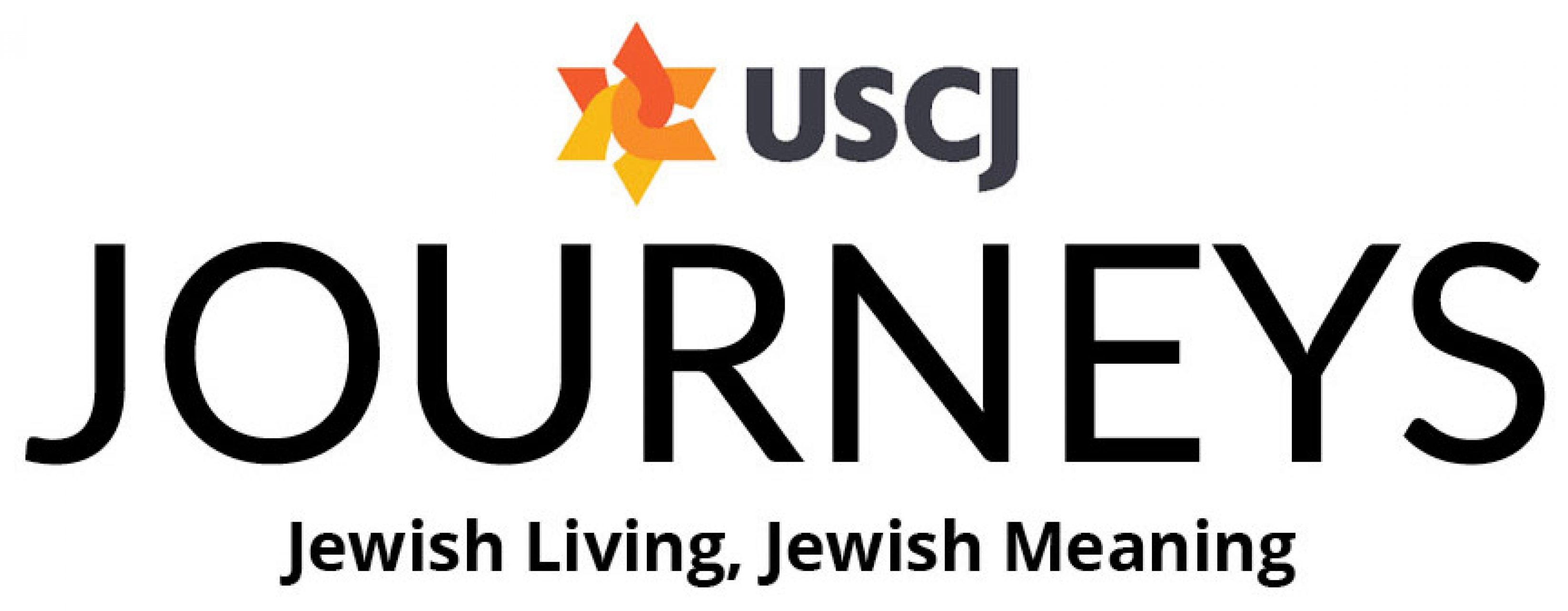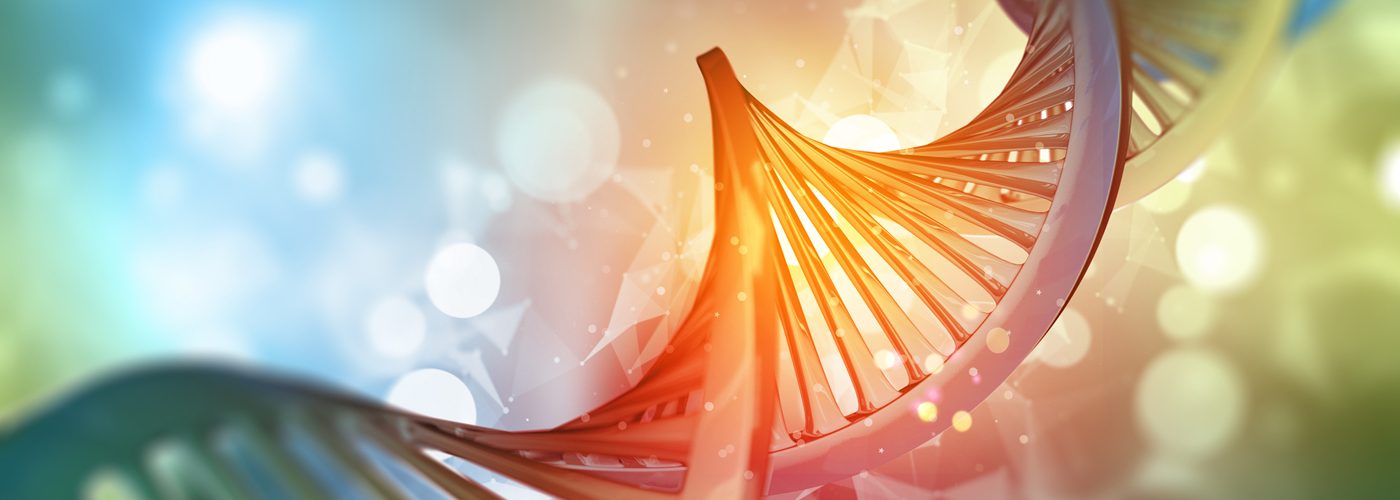From our strongest core values to our favorite holiday recipes, we’ve inherited much of what makes us who we are from our ancestors—but many may have passed down more than that. Approximately one in three Jews of Ashkenazi descent—the ethnic identity most recognized by people in North America—are said to carry at least one type of genetic disorder.
In total, Ashkenazi Jews have a high carrier rate for more than 40 genetic disorders, including Gaucher disease, Cystic Fibrosis, Tay-Sachs disease and certain types of cancer. These ailments are said to be more common due to the “founder’s effect,” which is the loss of genetic diversity that develops when a new population is derived from a much larger population or when there’s a large reduction in population size.
 The founder’s effect is believed to have occurred when many of our ancestors migrated to Eastern Europe during the Jewish Diaspora and as a result of the Holocaust, which significantly reduced the population and isolated Jewish people into small, separate communities. If one “founder” had a gene mutation, such as the mutation that causes Gaucher disease, the mutated gene becomes more and more prevalent—largely due to the person being in a much smaller, condensed community—as the carrier begins to have children and the population grows.
The founder’s effect is believed to have occurred when many of our ancestors migrated to Eastern Europe during the Jewish Diaspora and as a result of the Holocaust, which significantly reduced the population and isolated Jewish people into small, separate communities. If one “founder” had a gene mutation, such as the mutation that causes Gaucher disease, the mutated gene becomes more and more prevalent—largely due to the person being in a much smaller, condensed community—as the carrier begins to have children and the population grows.
Because many Jews traditionally marry and have children with other Jews, mutations aren’t passed along to other groups and aren’t lessened by the introduction of new genes. As a result, the likelihood is high (25 percent chance of developing the disease and 50 percent chance of being carriers) that children will inherit the disease as well. It’s also important to note that most of these mutations are recessive, meaning they must be found in both copies of the gene.
What This Means
The most important first step is learning more about your family history by talking with your family members and doctor so you are aware of any potential risks you or your children may face. Genetic testing is a common practice used to screen people of the 19 most common genetic diseases and several insurance companies cover the cost.
Also, now is more critical than ever for women to keep in mind that breast cancer is one of a handful of cancers with a clear genetic component. Studies show that Ashkenazi Jewish women have a much higher risk of having one of the three founder mutations in the BRCA1 and BRCA2 genes, with one in 40 women having the gene. Women who have a BRCA mutation can manage this diagnosis through screenings, medication and surgery.
To begin the first stage of getting genetically tested, register for test kit here and view a list of genetic screening locations here.
Can You Guess the Most Common Disease in Jewish Communities?
- Found in one out of 10 Ashkenazi Jews
- Cause: Mutation in the GBA gene leads to a lack of glucocerebrosidase, a critical enzyme used to break down a fatty substance in cells.
- Effects: Shortness of breath, fatigue, bone pain, abdominal discomfort
- Treatment: Oral enzyme therapies can replace the missing enzyme and reverse a few of the symptoms.
Answer: Gaucher Disease







